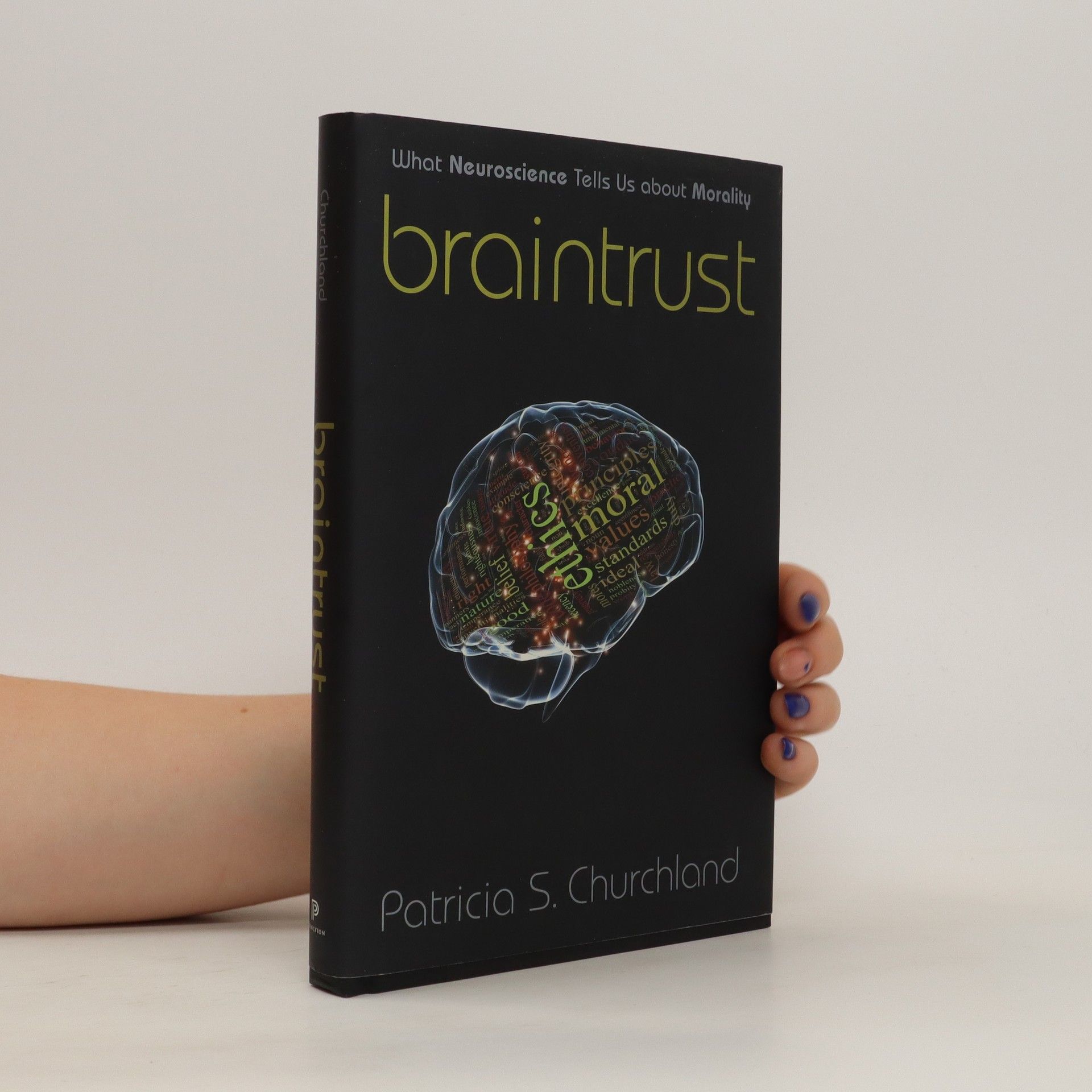Parametry
- 273 stránek
- 10 hodin čtení
Více o knize
What is morality, and where does it come from? In this thought-provoking exploration, neurophilosophy pioneer Patricia Churchland posits that morality is rooted in the biology of the brain. She presents the "neurobiological platform of bonding," shaped by evolutionary pressures and cultural influences, which has led to diverse human moral behaviors. This perspective invites a reevaluation of the emphasis placed on religion, absolute rules, and pure reason in understanding morality's foundation. Churchland argues that moral values stem from a behavior inherent to all mammals: caring for offspring. The brain's evolved structure and chemistry guide humans not only toward self-preservation but also toward the well-being of others—first offspring, then mates and kin, expanding outward in "caring" circles. Experiences of separation cause pain, while the presence of loved ones brings pleasure, prompting the brain to adapt to social customs. This process shapes caring, conscience, and moral intuitions. Central to this narrative is oxytocin, a molecule that reduces stress and fosters trust, essential for forming close relationships and moral frameworks. This account challenges us to rethink the origins of our most cherished values.
Nákup knihy
Braintrust : what neuroscience tells us about morality, Patricia Churchland
- Jazyk
- Rok vydání
- 2011
- product-detail.submit-box.info.binding
- (pevná)
Doručení
Platební metody
Tady nám chybí tvá recenze.


